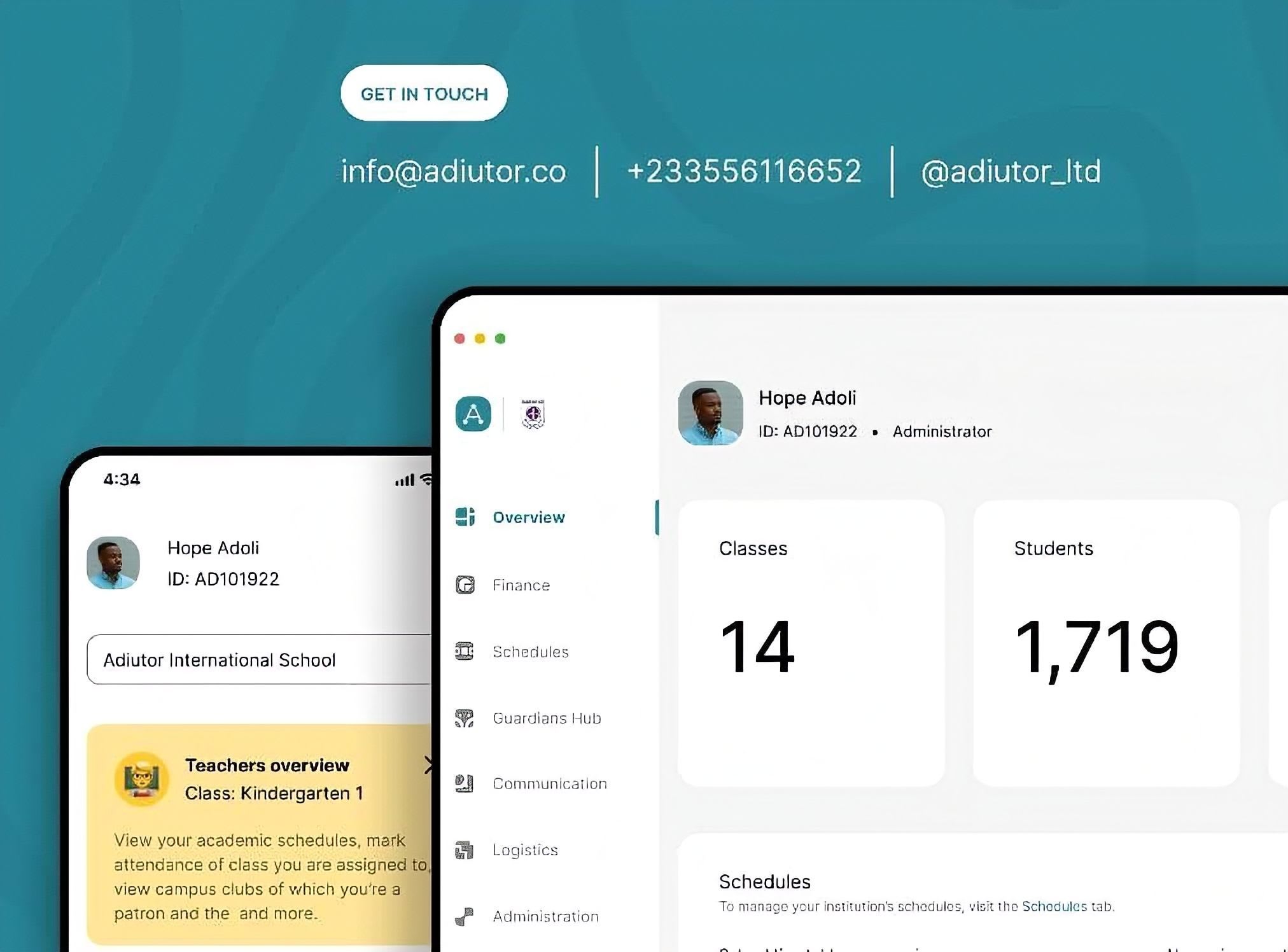Improving learning outcomes with metacognition strategies
As we've learned previously, metacognition is an important aspect of learning that involves understanding one's own thought processes and developing strategies to improve learning outcomes.

As we've learned previously, metacognition is an important aspect of learning that involves understanding one's thought processes and developing strategies to improve learning outcomes. It is the ability to reflect on one's own learning and thinking processes and to develop strategies to improve these processes. In essence, metacognition is about thinking about thinking.
Learning outcomes, on the other hand, refer to the knowledge, skills, and abilities that students acquire during their academic journey. Learning outcomes are usually measured through various means, including exams, assignments, and assessments. They are used to evaluate the effectiveness of teaching and learning and to determine whether students have achieved the intended learning goals.
Research studies have shown that incorporating metacognition strategies in learning can lead to significant improvements in learning outcomes. A meta-analysis of 95 studies found that students who received training in metacognitive strategies had significantly higher academic achievement compared to those who did not receive such training. The improvement was observed across various age groups, subjects, and types of interventions.
💡 Lessons learnt: The most important thing we can teach our students is how to learn.
Metacognition strategies
Metacognition strategies describe specific techniques and methods that learners use to improve their metacognitive skills. These strategies are focused on the cognitive processes involved in learning. There are generally three phases of metacognitive strategies:
Planning:
The learner sets goals, determines the purpose of the task, and selects appropriate strategies to accomplish the task. It encompasses thinking about what needs to be learned, how to approach the task, and what resources are needed to complete it.
Strategies for the planning phase:
a) Goal Setting - This involves setting clear and specific goals that help in guiding the learning process. This helps students to focus their attention on their learning objectives and develop strategies to achieve them.
b) Organization - Organizing the learning materials and creating a study plan or schedule. This helps in managing time effectively and in covering all the necessary topics within the given timeframe.
Monitoring:
The learner checks progress toward the learning goals evaluates whether the strategies being used are effective and adjusts strategies if necessary. The learners may ask themselves questions like "Am I understanding this material?" or "Am I making progress towards my goal?"
Strategies for the monitoring phase:
a) Questioning - This involves asking questions related to the learning process using the goals set in the planning phase as a guide for asking those questions. It helps identify what has been understood in the material so far, what still needs to be learned, and how to fill the gaps. It is important to note that effective questioning involves both asking and answering questions
b) Note-taking - Note-taking helps students organize their thoughts and identify the most important information from the material they are studying. One of the most popular note-taking techniques is the Cornell Method which involves dividing the page into three sections - a large section for notes, a smaller section for key points, and a section at the bottom of the page for summarizing.
Evaluation
The learner assesses the effectiveness of their learning strategies and their overall performance. It includes reflecting on the learning process and thinking about what worked well and what didn't work well. The learner may ask themselves questions like "Did I achieve my goals?" or "What could I have done differently to improve my performance?"
Strategies for the evaluation phase:
a) Reflection - This entails reflecting on the entire learning process and evaluating one's performance. This helps in identifying areas that need improvement and in developing strategies to overcome them.
b) Feedback - This involves seeking and receiving feedback from others, such as teachers or peers. This helps students identify their strengths and weaknesses and develop strategies to improve further.
The Educator and Metacognition Practices
Metacognition practices are broader and more general approaches to improving metacognition. They outline habits and routines that learners develop to promote effective thinking and learning. Metacognition practices are focused on the overall learning experience, including the learning environment, motivation, and engagement. Here are five metacognition practices every educator can incorporate into their teaching to help their students become more self-aware, reflective, and strategic learners:
- Modeling: Model metacognitive practices by thinking aloud and demonstrating the thinking process involved in problem-solving or decision-making. This will help your students develop a better understanding of your thought process and how to apply it in their learning.
- Self-Assessment: Encourage self-assessment by asking students to reflect on their learning progress and identify areas that need improvement. This can be done through providing self-assessment checklists or rubrics that help students to monitor their learning.
- Feedback: Feedback can be given through comments, grades, or conferences, and should be specific and actionable.
- Goal-Setting: Help students set clear and specific learning goals that are aligned with the learning objectives of the course. This can be done through goal-setting exercises, such as brainstorming or mind-mapping, that help students identify their own learning needs and priorities.

Adiutor
Adiutor means "helper" - we do just that, by taking a load of your school administration and helping you focus on what matters most: the kids.
References:
Dunlosky, J., & Metcalfe, J. (2009). Metacognition.
Dunlosky, J., Rawson, K. A., Marsh, E. J., Nathan, M. J., & Willingham, D. T. (2013). Improving students' learning with effective learning techniques: Promising directions from cognitive and educational psychology. Psychological Science in the Public Interest, 14(1), 4-58.
Freeman, S., Eddy, S. L., McDonough, M., Smith, M. K., Okoroafor, N., Jordt, H., & Wenderoth, M. P. (2014). Active learning increases student performance in science, engineering, and mathematics. Proceedings of the National Academy of Sciences, 111(23), 8410-8415.
Locke, E. A., & Latham, G. P. (2002). Building a practically useful theory of goal setting and task motivation: A 35-year odyssey. American Psychologist, 57(9), 705-717.
Schunk, D. H., & Zimmerman, B. J. (1997). Social origins of self-regulatory competence. Educational Psychologist, 32(4), 195-208
Zimmerman, B. J. (2008). Investigating self-regulation and motivation: Historical background, methodological developments, and future prospects. American Educational Research Journal, 45(1), 166-183.
Brown, A. L., & Palincsar, A. S. (1987). Reciprocal teaching of comprehension-fostering and comprehension-monitoring activities. Cognition and Instruction, 4(2), 117-175.
Pressley, M., & Harris, K. R. (2006). Cognitive strategies instruction: From basic research to classroom instruction. In P. Alexander & P. Winne (Eds.), Handbook of educational psychology (2nd ed., pp. 265-286)
